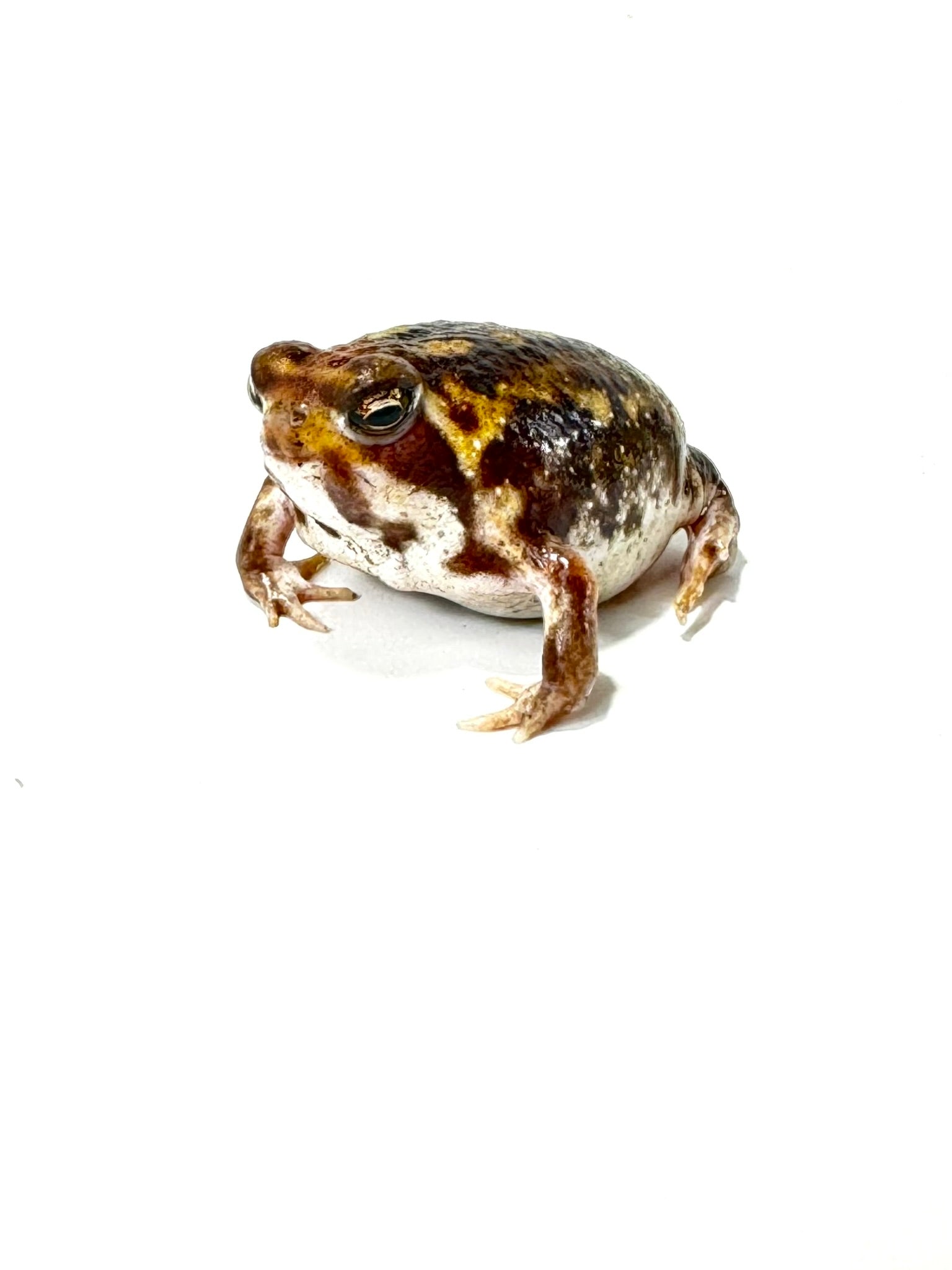Common Health Issues in Reptiles: Signs And Symptoms and Solutions
In the complex world of reptile care, recognizing the typical health problems that might impact these one-of-a-kind creatures is extremely important in ensuring their health. Whether it's grappling with parasitic invasions, browsing dehydration issues, or resolving skin conditions that show up in subtle methods, being attuned to the signs and symptoms and geared up with the expertise of effective services is crucial for any type of reptile proprietor.
Respiratory System Infections
Respiratory infections in reptiles can significantly influence their total health and wellness and require prompt interest from skilled veterinarians. In reptiles, respiratory system infections can be especially challenging to detect and deal with due to their distinct makeup and physiology.
Therapy for respiratory infections in reptiles typically entails a combination of supportive treatment, such as keeping correct humidity levels and temperature level gradients in the unit, in addition to targeted medication to resolve the certain pathogen liable for the infection. It is essential for reptile owners to monitor their family pets closely for any kind of signs of respiratory system distress and seek vet treatment at the earliest indicator of a concern. With timely treatment and appropriate treatment, many reptiles can recoup fully from breathing infections and resume typical tasks.

Metabolic Bone Illness
What variables contribute to the development of Metabolic Bone Disease in reptiles?
Metabolic Bone Condition (MBD) in reptiles is largely created by an absence of correct calcium, phosphorus, and vitamin D3 degrees in their diet plan. Furthermore, poor exposure to UVB light stops reptiles from synthesizing vitamin D3, which is essential for calcium absorption and bone health and wellness.
Other contributing variables to MBD consist of incorrect temperature gradients within the reptile's environment, bring about lowered metabolic process and impaired calcium absorption. Insufficient moisture levels can additionally affect a reptile's ability to metabolize calcium effectively. Furthermore, particular reptile varieties have particular dietary needs that, otherwise met, can increase the chance of establishing MBD. Routine veterinary examinations, proper husbandry techniques, and a balanced diet regimen are necessary to avoid Metabolic Bone Illness in reptiles.
Parasitical Infestations
Parasitical infestations present a significant wellness risk to reptiles, impacting their overall wellness and calling for prompt vet interest. Reptiles can be influenced by various bloodsuckers, consisting of mites, ticks, internal worms, and protozoa. These parasites can trigger a range of signs, such as weight loss, lethargy, skin inflammation, looseness of the bowels, and even death if left neglected.
One usual parasite found in reptiles is the mite, which can trigger skin anemia, irritability, and stress. Ticks are an additional external bloodsucker that can transfer illness and create pain to the reptile. Inner bloodsuckers like worms and protozoa can bring about digestive issues, poor nutrition, and compromise the reptile's my website body immune system.
To identify a parasitic invasion, a veterinarian may carry out fecal tests, skin scrapings, or blood tests. Treatment frequently involves deworming medications, antiparasitic baths, or in extreme instances, a hospital stay. Preventative procedures such as routine veterinary check-ups, proper health, and quarantine treatments for new reptiles can help minimize the risk of parasitical invasions and ensure the wellness of reptile animals.
Dehydration and Hydration Issues
Dehydration in reptiles can substantially influence their wellness and wellness, necessitating prompt treatment and proper hydration monitoring. If left untreated, dehydration can lead to significant health and wellness concerns and even be fatal to the reptile.
To stop dehydration, reptile owners need to make sure that their pets have access to clean water at all times. The water recipe need to be huge enough for the reptile to soak in if needed, specifically for varieties that take in water via their skin. Furthermore, preserving appropriate humidity levels in the reptile's enclosure and providing regular bathrooms can help prevent dehydration.
In cases of dehydration, it is vital to seek vet care immediately. A veterinarian might administer liquids either by mouth or with injections to rehydrate the reptile. It is vital to address the underlying reason for dehydration to stop reoccurrence and make sure the reptile's overall well-being.
Skin Ailments

Final Thought

Breathing infections in reptiles can substantially affect their general health and need prompt interest from experienced vets (rain frog for sale). Preventative measures such as normal veterinary check-ups, correct hygiene, and quarantine treatments for brand-new reptiles can assist minimize the danger of parasitic invasions and guarantee the health of reptile pet dogs
If left unattended, dehydration can lead to significant wellness issues and also be deadly to the reptile.
Regularly evaluating your reptile for any kind of modifications in skin structure, appearance, or color can assist in early discovery and therapy of skin conditions, promoting the general wellness and well-being of your flaky companion. - rain frog for sale
In final thought, reptiles are susceptible to various health concerns such as breathing infections, metabolic bone condition, parasitic infestations, dehydration, and index skin ailments.